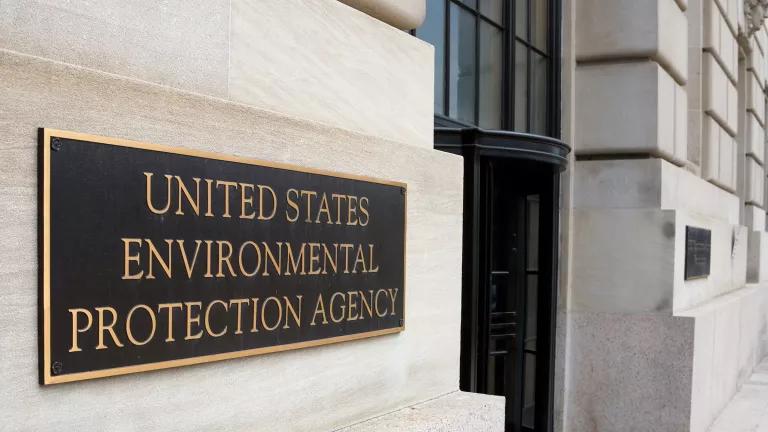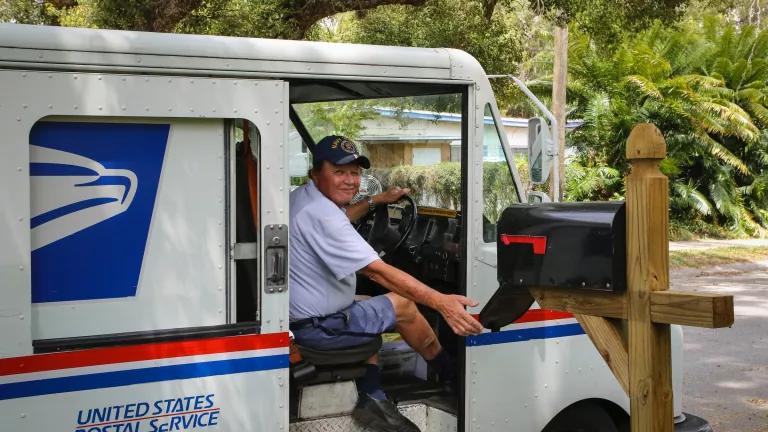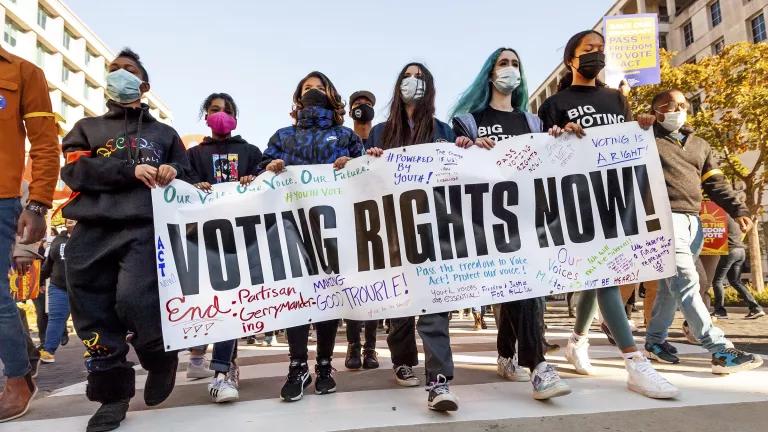EPA Can’t Kick Scientists Off Science Advisory Panels, Court Says
The ban was a clear attempt to stack the deck in favor of big polluters.

Environmental Protection Agency Headquarters in Washington, DC
iStock
The ban was a clear attempt to stack the deck in favor of big polluters.
April 15, 2020: Update! A federal judge in New York rejects the U.S. Environmental Protection Agency’s plea that Pruitt’s directive remain in effect while the agency searches for a rationale for the policy—issuing another legal victory for NRDC, for science, and for public health. “Vacating this provision of the directive makes its further use unlawful. EPA should return to relying on science to protect people from dirty air, unsafe water and toxic chemicals, and do it now,” says NRDC attorney Vivian Wang. More on this victory here.
In a victory for science and public health, a federal court determined that the U.S. Environmental Protection Agency cannot exclude scientists who have received EPA research grants—who happen to be mainly academic scientists from research universities—from serving on its advisory panels. The change, made by former EPA Administrator Scott Pruitt, had a silencing effect on public health studies.
The court’s decision in the case, which was brought by NRDC in 2019, “affirms the role of science in protecting our environment and public health,” says Jon Devine, director of federal water policy for NRDC’s Nature Program. “This is a victory for basic truth and good governance.”
Pruitt claimed that his 2017 directive reduced bias on the EPA’s nearly two dozen advisory panels, which offer scientific expertise that then guide policy decisions on environmental pollutants, such as industrial chemicals or airborne particles from power plants. But unsurprisingly, Pruitt’s rule was not extended to scientists and consultants with ties to chemical or fossil fuel companies, allowing the agency to soon fill some open seats with industry insiders who disputed the known harm of pollutants, like ozone and PFOA.
Devine calls the now-debunked plan a “pernicious scheme to stack the deck in favor of big polluters by trying to shut out the voices of scientists—all to pump more pollution into our lives.”



